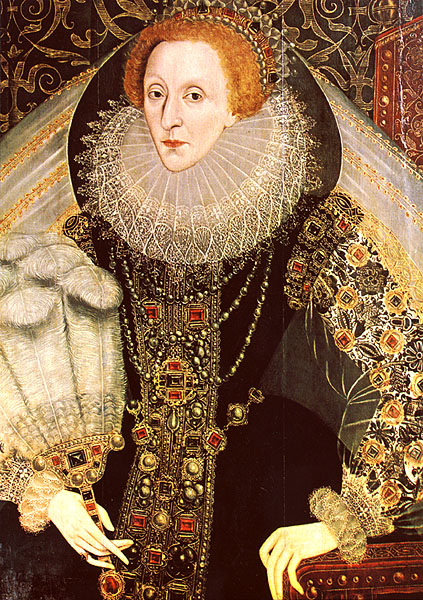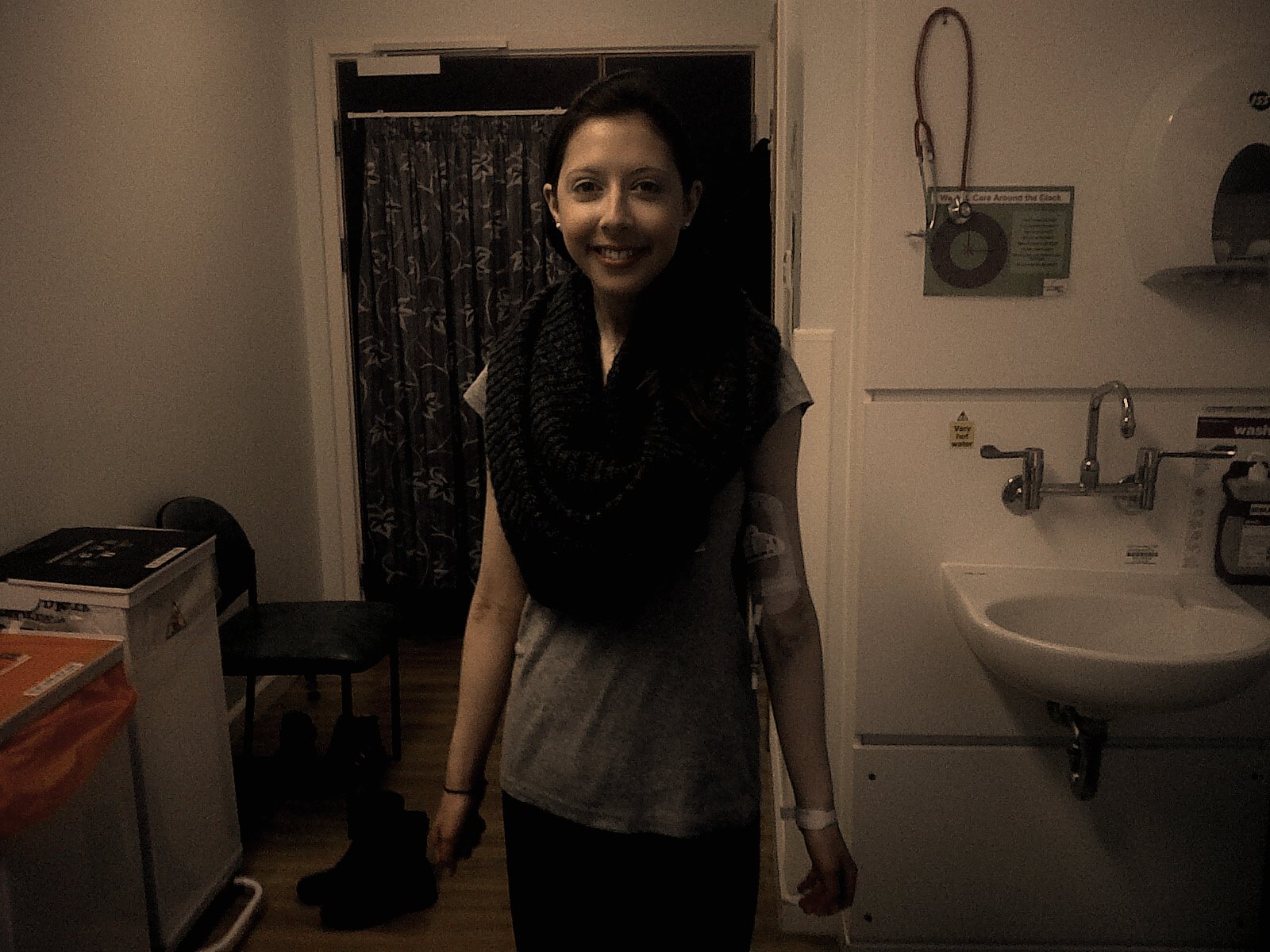Elizabeth I famously claimed to have the heart and stomach of a man.
I don’t have the Spanish Armada to contend with, but I do have a brand-new male bone marrow, courtesy of a 24 year-old ‘chunky lad’ who was generous enough to give away six million of his cells to a complete stranger.
Beyond his age and his robust stature, I haven’t been told anything about my donor. I’ve never met him, and in all likelihood, I’ll probably never get the chance. And yet he may well have saved my life. Although I went into remission after the first cycle of chemotherapy, the doctors warned me that without a stem cell transplant, there was a 60% chance of the leukaemia returning with a vengeance – more aggressive and less treatable.
But that’s not to say it’s been an easy ride. As the consultant, world-weary, opined today: ‘You didn’t have to go and develop all the complications we told you about. The booklet was just to scare you. There’s no need to suffer from every single side effect.’
‘I haven’t,’ I countered. ‘I mean, death, for one. I’m still alive, so far.’
On the consent form I had to sign before the treatment, the transplant coordinator had saved the word until last on the list, under ‘Serious or frequently occurring risks’.
‘Some patients don’t want to know their chances, some want a percentage,’ she’d told me hurriedly. She didn’t wait for a reply. ‘You’re young. I’d say there’s only a 10-12% mortality risk in your case.’
Stem cells are so often talked about these days in tones of mystified awe, and they’re fast becoming seen as a magical panacea for all manner of diseases and conditions. But I think it’s fair to say that many of us – including myself, pre-leukaemia – have a pretty hazy idea of what a bone marrow or stem cell transplant actually involves, including all the struggles along the way.
Aside from the agonising wait for a suitable donor, the sheer force of the treatment itself is beyond anything I could have imagined. Or, as my consultant remarked with a smile, when I enquired about the radiotherapy: ‘We use a dose that is lethal. In military terms, it’s very close to the atomic bomb.’


